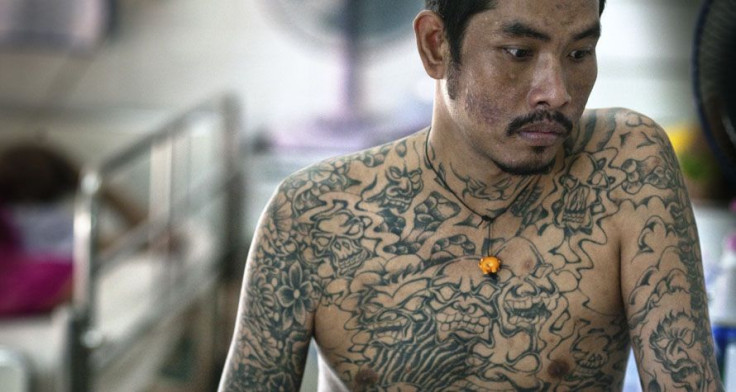Brazilian Scientists Test New AIDS Vaccine, Hoping 'HIVBr18' Ends Global Pandemic

Scientists in Brazil plan to test a new vaccine for acquired immune deficiency syndrome (AIDS) that may prevent the spread of human immunodeficiency virus (HIV) and the development of AIDS.
Researchers at the University of Sao Paulo say that although the HIVBr18 vaccine won't eradicate the virus from its host, the disease would be beaten back sufficiently to prevent transmission or to develop immunodeficiency, thereafter maintaining equilibrium.
The scientists plan to test the vaccine in monkeys this year and are looking for funding for clinical trials in humans. The animal study will take two years, conducted with a colony of rhesus monkeys provided by the country's Butantan biomedical research institute. The species provides a good animal model for study given the similarity of their immune systems to those of humans, as well as their susceptibility to Simian immunology virus, the suspected precursor to human immunodeficiency virus.
"Our goal is to test various immunization methods to select the one capable of inducing a stronger immunological response and thus be able to test it on humans," lead investigator Edecio Cunha Neto told reporters.
The Brazilian scientists began work on the vaccine in 2001, hoping to effectively cure a global pandemic affecting some 33 million people today.
Earlier this year, researchers at the Aarhus University Hospital in Denmark began conducting clinical trials on humans using a "novel strategy" proven effective in laboratory tests. The Danish study began just days after the U.S. government announced failure in a large study to develop a possible HIV vaccine.
The study uses a therapy that flushes the virus from so-called reservoirs that it forms within DNA cells, whereupon the body's immune system — with a little help from a vaccine — can hunt and destroy. Though the therapy appeared effective when using human skin cells in the lab, efficacy in the human body remains unproven, according to Dr. Ole Sogaard, a senior researcher in the department of infectious disease.
"The challenge will be getting the patients' immune system to recognize the virus and destroy it. This depends on the strength and sensitivity of individual immune systems," Sogaard told the media.
The small study would involve 15 people with funding from the Danish Research Council of $2.1 million, as British researchers conduct similar research through a consortium of five universities. Both studies would cure those already infected with the virus, but wouldn't prevent HIV or AIDS.
Dr. Anthony Fauci, head of the U.S. National Institute of Allergy and Infectious Diseases, said in April that the American research study failure was "disappointing," but added that "there was important information gained."
That study of 2.504 volunteers in 19 U.S. cities began in 2009, testing a one-two vaccination involving a genetically modified vaccine and a separate, booster vaccine comprised of the same material within a disabled cold virus. The National Institutes of Health announced on Thursday a halt to the trial of the vaccine known as HVTN 505.
The latest HIV research suggests a path toward success by creating powerful antibodies capable of attacking the virus before it ensconces itself within the host T-cells.
Published by Medicaldaily.com



























